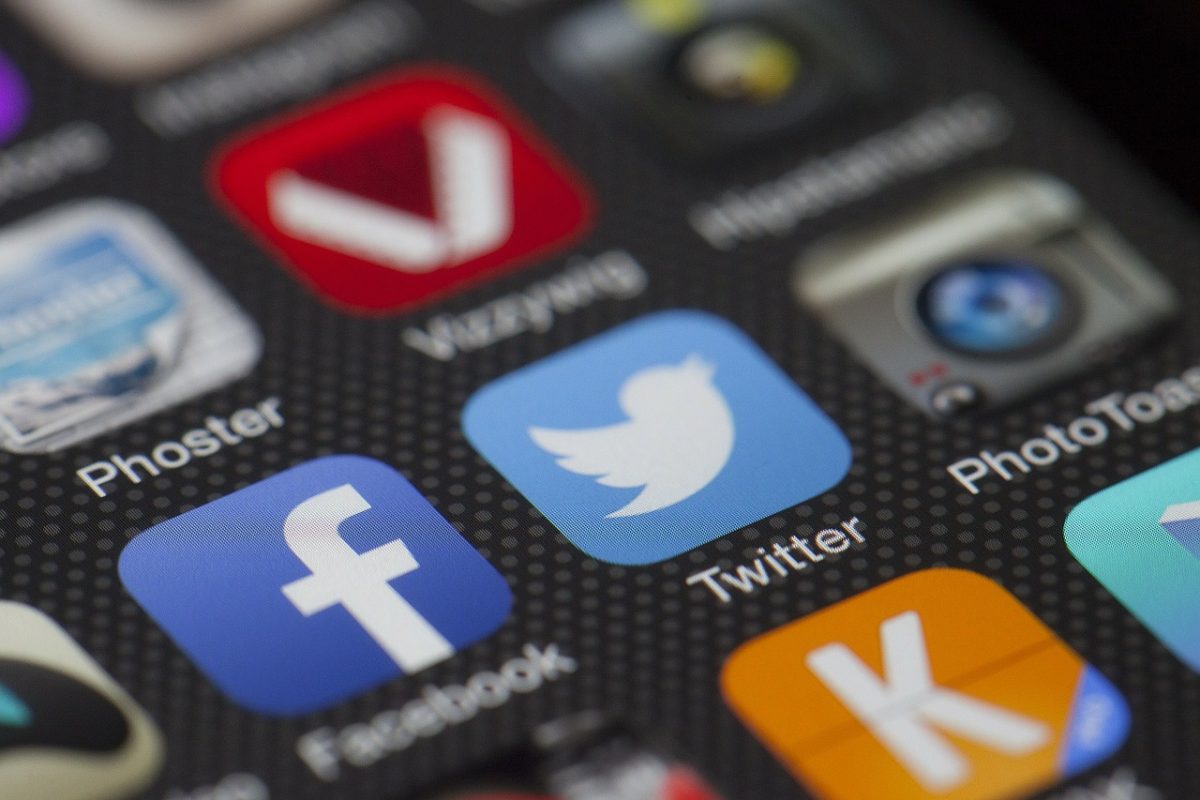Impact of social media addiction on college students
Study finds that college students are ‘addicted’ to social media and experience withdrawal symptoms similar to substance related addictions. Study also finds that students using seven to 11 social media networks experience depression and anxiety symptoms.
Social media use among students is not uncommon around campus. However, research shows it can turn into an addiction and cause health problems.
Many studies have been conducted to determine the impact of social media addiction, though it is currently not listed as an addiction disorder in the Diagnostic Statistical Manual, said Cosumnes River College psychology professor Dr. Naomi Bahm.
“Part of it is immediate gratification,” said Bahm. “Interactions can happen whenever, like it could be the middle of the night and you could still go on and look at people’s posts.”
More scientific evidence is being found that social media addiction symptoms are similar to substance-related addictions, according to the International Journal of Environmental Research and Public Health.
Some symptoms include spending more time than intended, persistent desire or unsuccessful efforts to cut down, a great deal of time spent on activities necessary to obtain or to recover from effects, and recurring use resulting in a failure to fulfill major role obligations at work, school or home, said Bahm.
A survey conducted by the American Journal of Preventive Medicine found that out of 1,787 individuals aged 19 to 32, those who use social media more frequently feel more socially isolated than those who don’t.
“Some studies have shown that people who are on social media the most are actually lonelier and more socially isolated than people who talk to others face to face and are more interactive,” said Bahm.
Individuals who use seven to 11 social media sites are three times more likely to report symptoms of depression and 3.3 times more likely to have high levels of anxiety symptoms, according to a survey by Pitt’s Center for Research on Media, Technology and Health.
“I think when kids start using electronic devices really early, it changes the way they expect things from the world, because with computers everything is fast and flashy and loud and that’s not really how the real world is,” said Bahm. “I think people tend to get discouraged by real life because they are used to this immediate gratification and things happening fast.”
The top two platforms that individuals ages 18 to 24 use most frequently are Youtube and Facebook, according to a survey of social media use in 2018 by Pew Research Center.
“What drew me to it was the fact that every single person was on social media, everyone I knew,” said 18-year-old radio, television and film major Karlie Belt. “Sometimes it takes over my life, other times I need to get off of it because it’s becoming too much for me.”
Pew Research Center also found that 59% of social media users say it would not be difficult to give it up, while 40% say it would be.
Marissa Forster, a 23-year-old deaf studies major, said that social media used to be addictive, until realizing that it can be “negative”.
“At first I used to be addicted to social media, I used to go on it a lot, but then I realized that social media could be poison because at first I always think about who’s posting what and find all the latest updates,” said Forster. “I realized that it doesn’t really matter because social media could be a negative thing.”


Lawrence • Apr 27, 2021 at 6:14 am
Fact
Anonymous • Nov 15, 2021 at 12:20 pm
fr